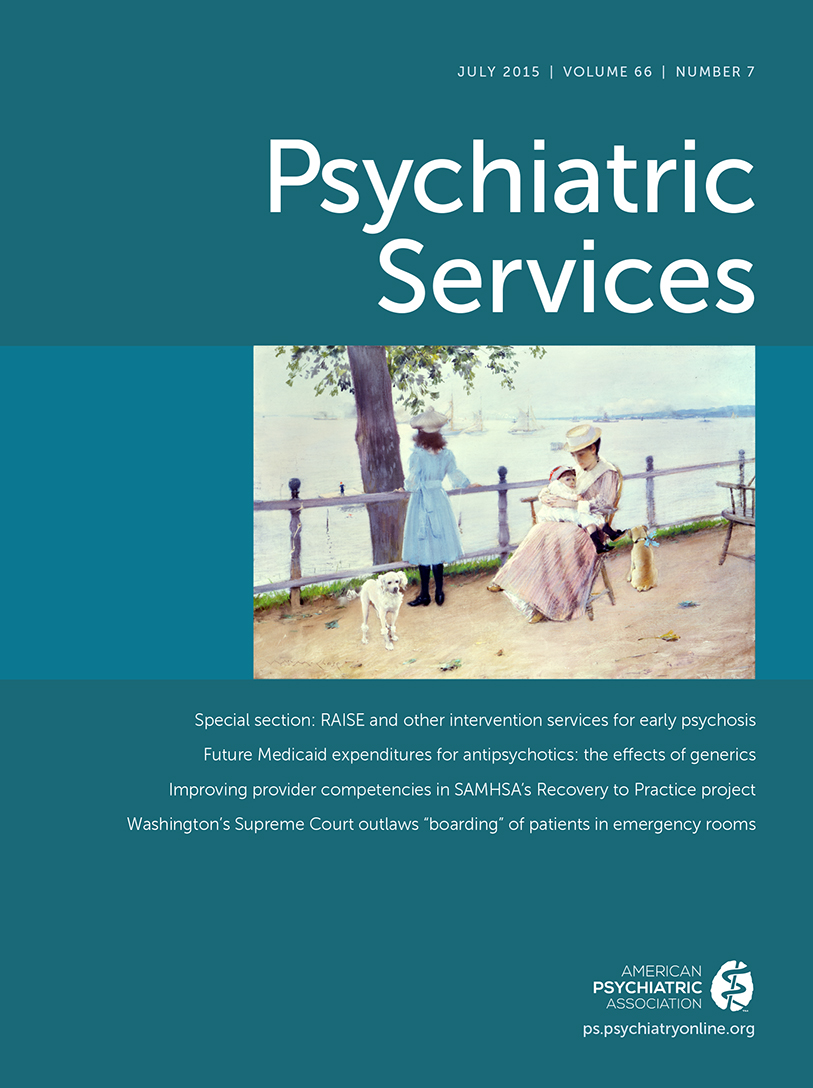Mental Health Service Use Among Lesbian, Gay, and Bisexual Older Adults
Abstract
Objective:
Empirical efforts to measure use of mental health services among lesbian, gay, and bisexual (LGB) older adults have been notably lacking. Thus this study assessed associations between sexual orientation and mental health service use among older adults and determined the mediating role of nonspecific psychological distress, excessive alcohol use, and self-perceived poor general medical health.
Methods:
Data from the 2011 New York City Community Health Survey were analyzed. The analytic sample comprised 5,138 adults ages 50 and over. Logistic regression modeling was used to examine associations between sexual orientation (LGB versus heterosexual) and past-year mental health service use (counseling or medication), adjusting for sociodemographic and clinical characteristics. Mediation analyses using bootstrapping were conducted.
Results:
Among LGB older adults, 23.9% reported receiving counseling, and 23.4% reported taking psychiatric medication in the past year. LGB respondents were significantly more likely than heterosexuals to have received counseling (adjusted odds ratio [AOR]=2.16, 95% confidence interval [CI]=1.49–3.13) and psychiatric medication (AOR=1.97, CI=1.36–2.86). Psychological distress, excessive alcohol use, and self-perceived poor general medical health did not mediate the association between sexual orientation and mental health service use.
Conclusions:
LGB older adults were more likely than heterosexuals to utilize mental health services, and this association was not explained by indicators of general medical, mental, or behavioral health.



